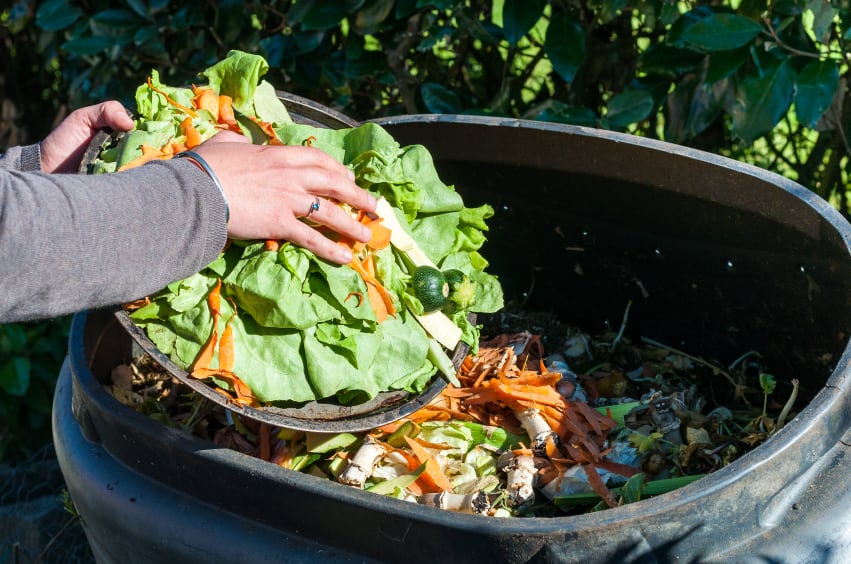A key feature in new draft regulations is for all food businesses to make better use of food waste as opposed to simply throwing it away.
“All food businesses should endeavour to provide any unutilised food products and all edible ingredients to members of the public that are unable to access sufficient food and in need of this, whether due to poverty, disasters or other reasons,” Japan’s Ministry of Agriculture, Forestry and Fisheries (MAFF) said in a formal statement.
This statement was issued in conjunction with the Ministry of Finance, Ministry of Health, Labor and Welfare, Ministry of Agriculture, Forestry and Fisheries, Ministry of Economy, Trade and Industry, Ministry of Land, Infrastructure, Transport and Tourism, and Ministry of the Environment.
Japan has experienced several major earthquakes since January 2024 including the Noto Earthquake which killed over 240 people, and most recently a 6.6 magnitude earthquake in southwest Japan which caused a tsunami advisory to be issued.
This alongside consistently low levels of food security stability and self-sufficiency in the country are believed to be key motivators behind this amendment.
“Food manufacturers in particular will also have to extend the timeframe [printed on the food product being sold] to be from the date of manufacture/processing to the best-before dates [and not expiry dates] according to the characteristics of the food.
“The best-before date must be in accordance with local food labelling standards, which define it as the date by which it is possible to sufficiently maintain all expected qualities when stored in a prescribed manner - although these qualities may be maintained even after the said date.”
In Japan, the best-before date is different from the expiration date, which is defined as ‘the date until which there is no risk of the food becoming unsafe due to spoilage, deterioration, or other quality deterioration when stored in a prescribed manner’.
“These regulations will apply to the entire food sector throughout the supply chain, and all food-related businesses must implement measures that can smoothly allow for food waste reduction by other food firms that do business with them, e.g. placing orders early and foodservice companies should also relax delivery deadlines.”
Transparency under scrutiny
In addition, the draft amendment has urged all food companies to include both the initiatives taken and results of these as annual reports.
“All food companies shall endeavour to provide information on the amount of food that has been included/affected by these initiatives in the previous fiscal year,” said MAFF.
“This should include the amount of food waste that was generated, the status of food waste that was reduced, the amount of food wasted that was recycled of and so on.
“Reporting should be done via formal reports such as annual securities reports, integrated reports, over the Internet, or other means to provide transparency of these results.”
It should however be noted that all of these initiatives have been included as suggestions to food firms, urging companies to ‘endeavour’ to implement these, and no mandates have been fixed for enforcement as of yet.





